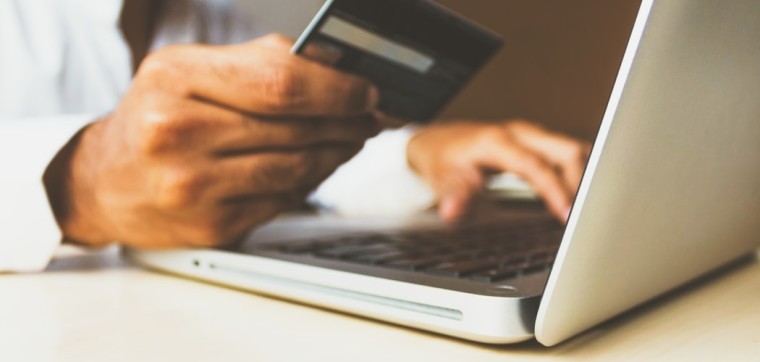Live like in a fairy tale but stay vigilant
AI does not care whether it does good or evil. It is not going to do anything out of its inherent kindness or maliciousness: there is a human behind every AI action, a human willing to make money, avenge, have fun, satisfy their curiosity, or test something for strength. Cybercriminals and professional fraudsters are always educated, bold, and gifted people. For them, artificial intelligence is a perfect sidekick—a tool that takes care of all the routine of creating viruses of various kinds.
Virus conveyor
The existence of software capable of creating malware without human assistance has been already confirmed. Such systems have learned to conceal malware from cybersecurity systems by studying one of the environments for AI self-training. The program tweaked the virus source code and built a new version to make the virus undetectable—as a result, the antivirus was unable to find this malware.
Malware programs are already using AI to learn to simulate normal server behavior to conceal their breach. As a result, viruses become much harder to recognize. Furthermore, some new systems have learned to classify their environment: for example, they understand when they are launched in a virtual sandbox, and they are able to decide how to act to achieve maximum results independently.
They are masters of disguise hiding until the moment when they feel that consumers like us have touched them. Can we have any guarantees that our personal data can be secure anywhere? If a cunning AI comes to help the cybercriminals, the chances are next to none. AI can run a series of attacks with new attack vectors so quickly that no cybersecurity expert team will be able to repel it in time. The question is: why has not everything been already hacked? Because multi-layer security systems are doing their job, and hackers still have some traces of conscience.
Believe it or not?
Stolen banking credentials, passport data, account hacking—that’s nothing compared to… a fake video that will feature you! Video footage is considered one of the most reliable proofs, but AI has already learned to generate such things and add fake faces to persons in the video, change the car license plates, clothes, and height. The price of these epic fakes can be not only vast amounts of money but also the entire life or freedom. Furthermore, AI can implement amazingly cunning phishing schemes that involve forging emails by analyzing a long message chain. Everything will be mimicked: your writing style, the smiles, and the fonts you use… even the time when you send your messages will be believable. How to prove that you have never written such a message? You can show this article to a partner or opponent that has been fooled by AI.
By the way, fakes videos can forge not only faces but also voice. All you need is to find real videos with a specific person—the more, the better. In the case of public figures, it is as simple as ABC. As a result, criminals can get a perfect blackmail package. Can you imagine the consequences of this forgery on a corporate scale? Or on a national scale?
What shall we believe?
The conclusion is that most people can be seriously discouraged and frightened by a powerful wave of fake news. However, this wave is already spreading over the Internet, and although it has not caused much harm yet, but misinformation is present in full. Artificial intelligence is also involved in it: in some cases, AI officially acts as the author and editor of news and analytical articles, as well as the transcriber of the interview. There are templates and scripts used by AI to write about the stock market situation, politics, sports results, and weather. It can also use similar algorithms to write malarkey about stars, cosmetics, psychology—some generic nonsense for entertainment purposes. AI may also use it to generate real libel: deliberately confuse data on securities, currency rates, ratings of public figures, and in general, any information, especially statistical data.
Intelligent algorithms work officially for Bloomberg News, Associated Press, The Guardian, and The Washington Post. Should journalists start worrying about their jobs? That’s unlikely: automation technologies in creative activities such as journalism are far from being almighty, they can neither dig into the truth nor make on-the-spot commentaries.
How can we defend ourselves against the mind games of an AI controlled by criminals? Observe maximum precautions when working on the Internet, follow all the recommendations of your cybersecurity department, update antiviruses and passwords in time, and listen to live performances of people instead of their transcriptions. In general, just be very conscious and investigative. People of all ages and professions need cybersecurity skills.
